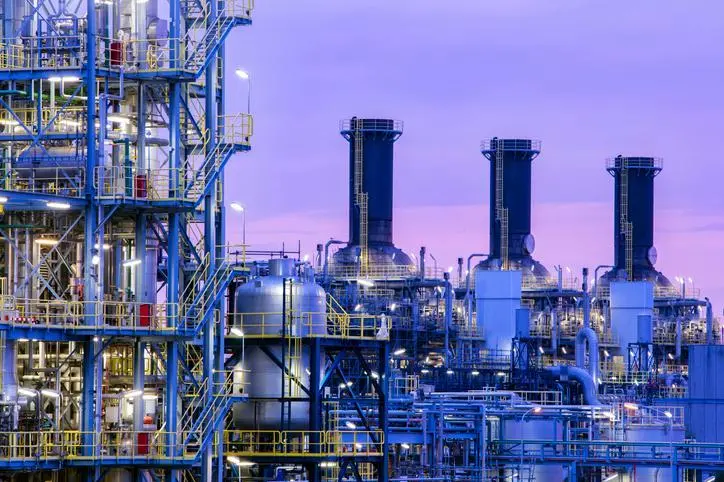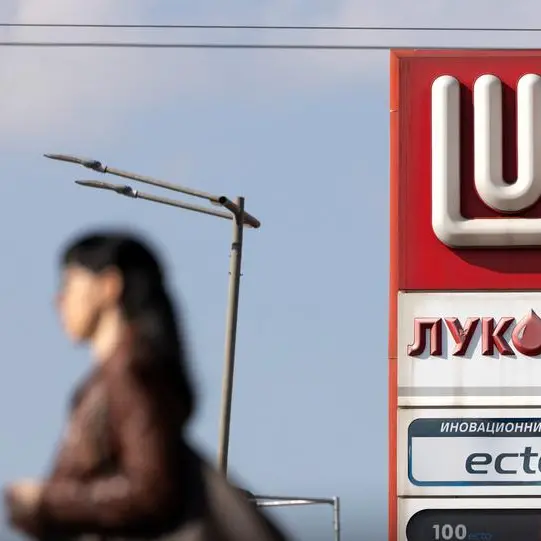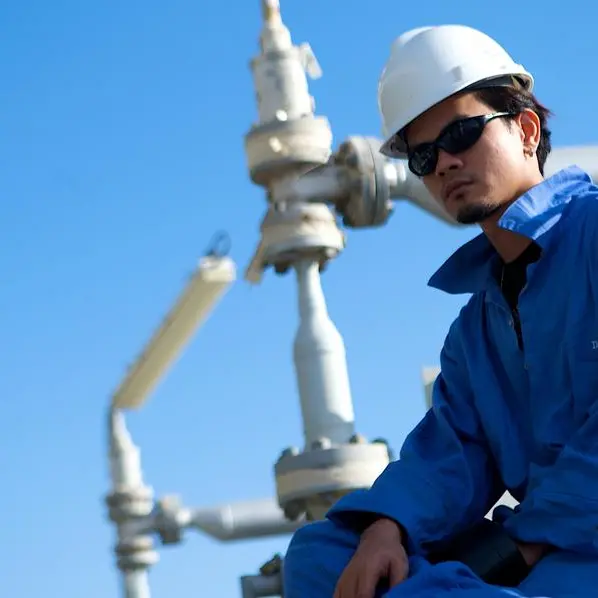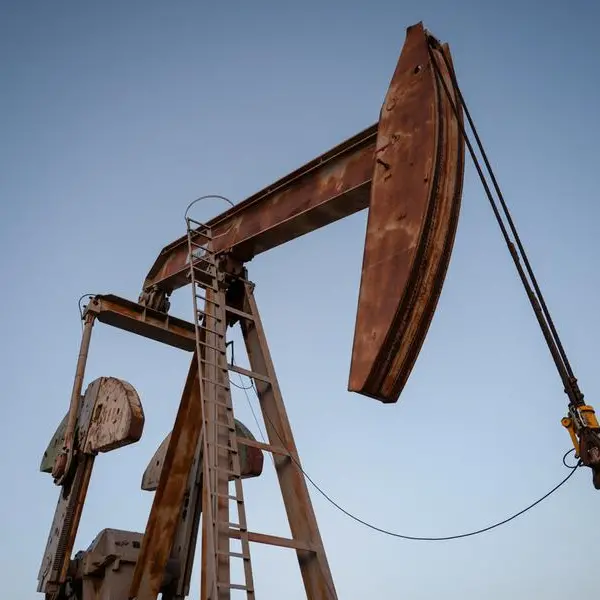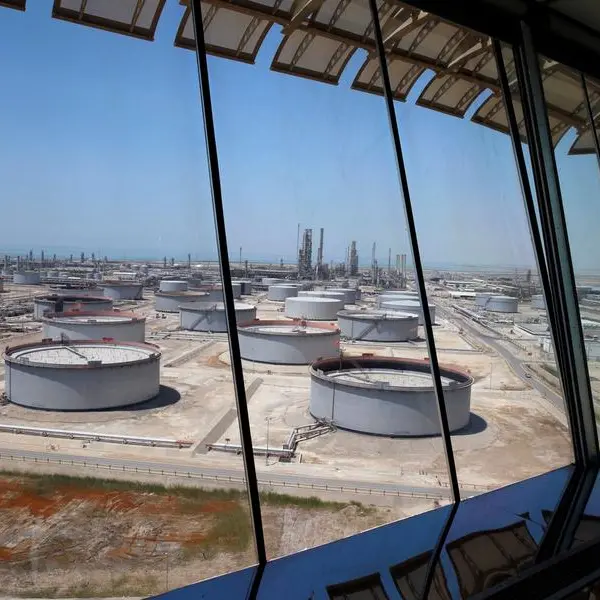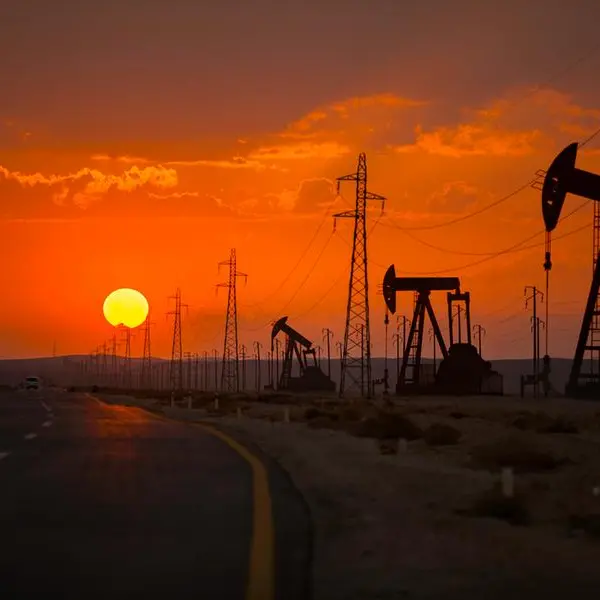PHOTO
Oil major Shell decided to withdraw from the Nebras mega petrochemical project in Iraq because of logistics, security and financial reasons, according to an Iraqi energy expert.
When Shell signed an outline deal worth nearly $11 billion in 2015 to build the petrochemical complex in the Southern oil hub of Basra, it was in control of Majnoun and West Qurna 1 oilfields in Southern Iraq.
In 2018, Shell quit Majnoun, one of the largest oilfields in Iraq, and then sold its stake in West Qurna to Japan’s Itochu company.
“Shell faced two main problems that blocked its plans to go ahead with Nebras project….the first was a logistics problem after it decided to quit those two oilfields,” said Nabil Al-Marsoumi, a well-known Iraqi energy expert.
“The second was a moral and financial problem which had to do with Iraqi law about the percentage of national manpower in that contract…Shell considered it high percentage as it could cost it additional $3-4 billion….,” Marsoumi told Iraq’s Baghdad News agency.
The security situation in Iraq was another reason for Shell’s decision, he noted.
In a separate report, the Iraqi Sumaria News network said Nibras comprises a petrochemical complex with a capacity of at least 1.8 million tonnes per year and an oil refinery that will produce 300,000 barrels per day.
It said the project would cost nearly $11 billion and create at least 40,000 jobs for Iraqis, adding that it is expected to yield profits of around $1.4 billion a year, making it the world’s fourth largest petrochemical complex.
Read more: Iraq to revise Nebras mega petrochemical project after Shell’s withdrawal
(Writing by Nadim Kawach; Editing by Anoop Menon)
(anoop.menon@lseg.com)
Subscribe to our Projects' PULSE newsletter that brings you trustworthy news, updates and insights on project activities, developments, and partnerships across sectors in the Middle East and Africa.
